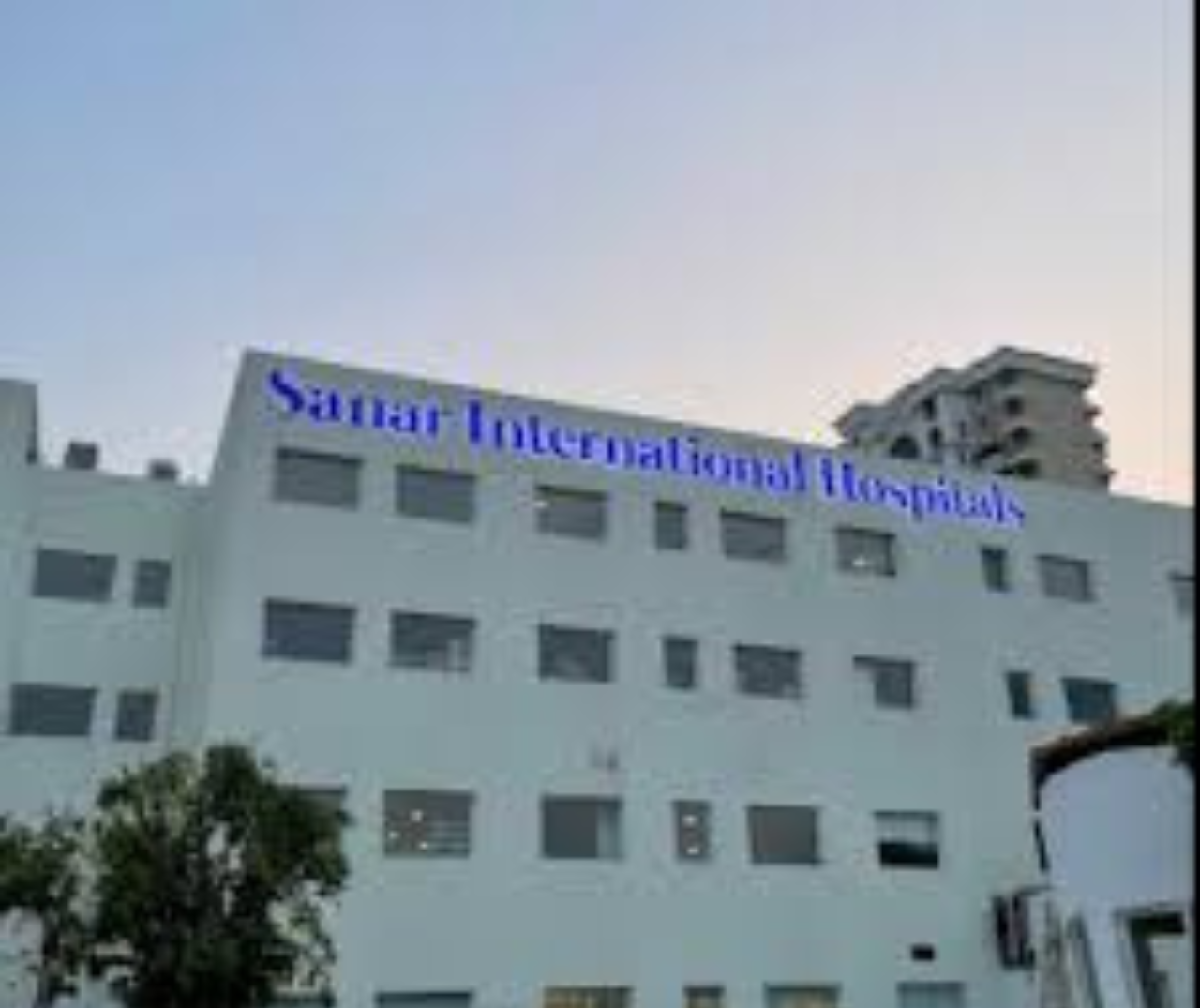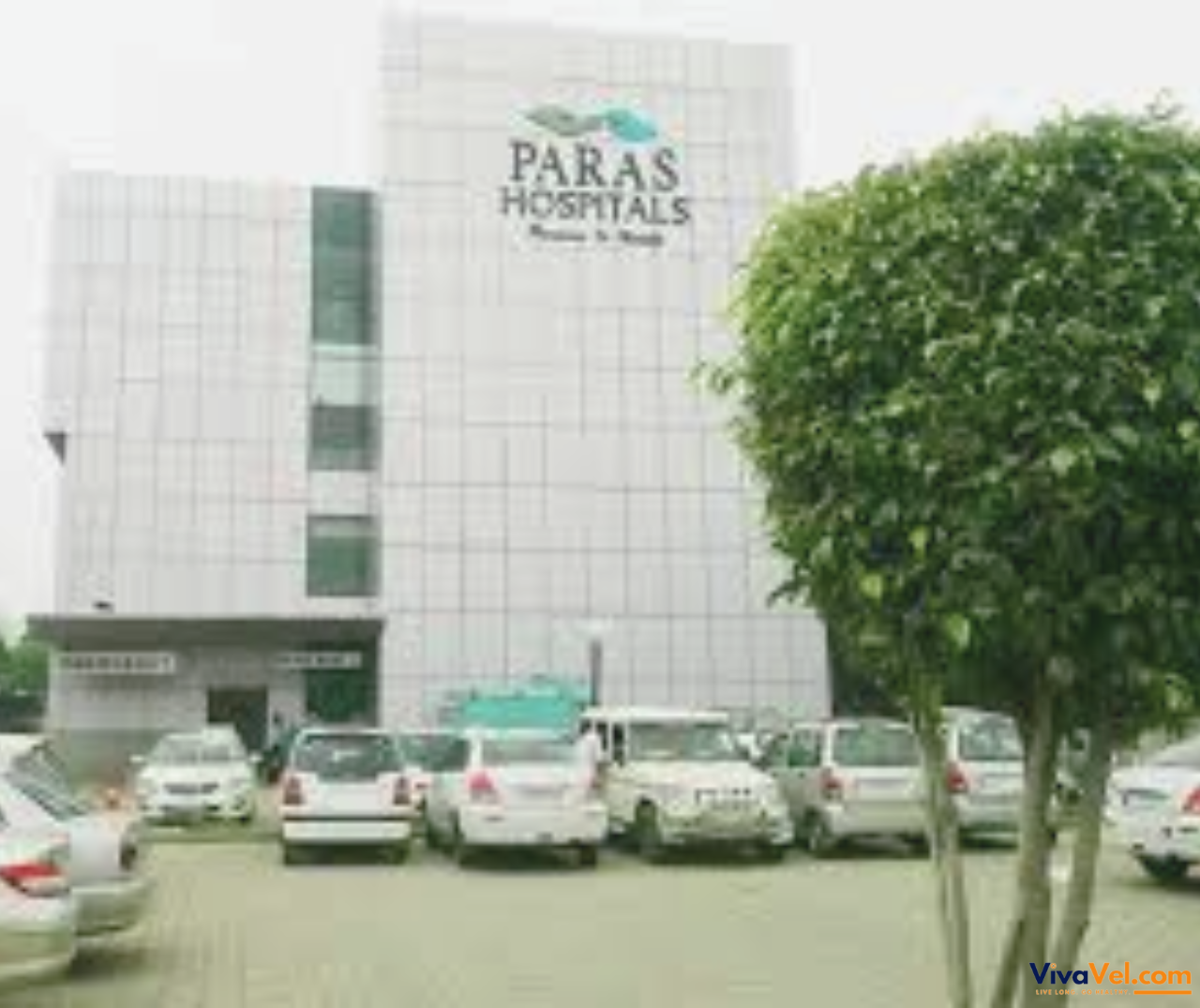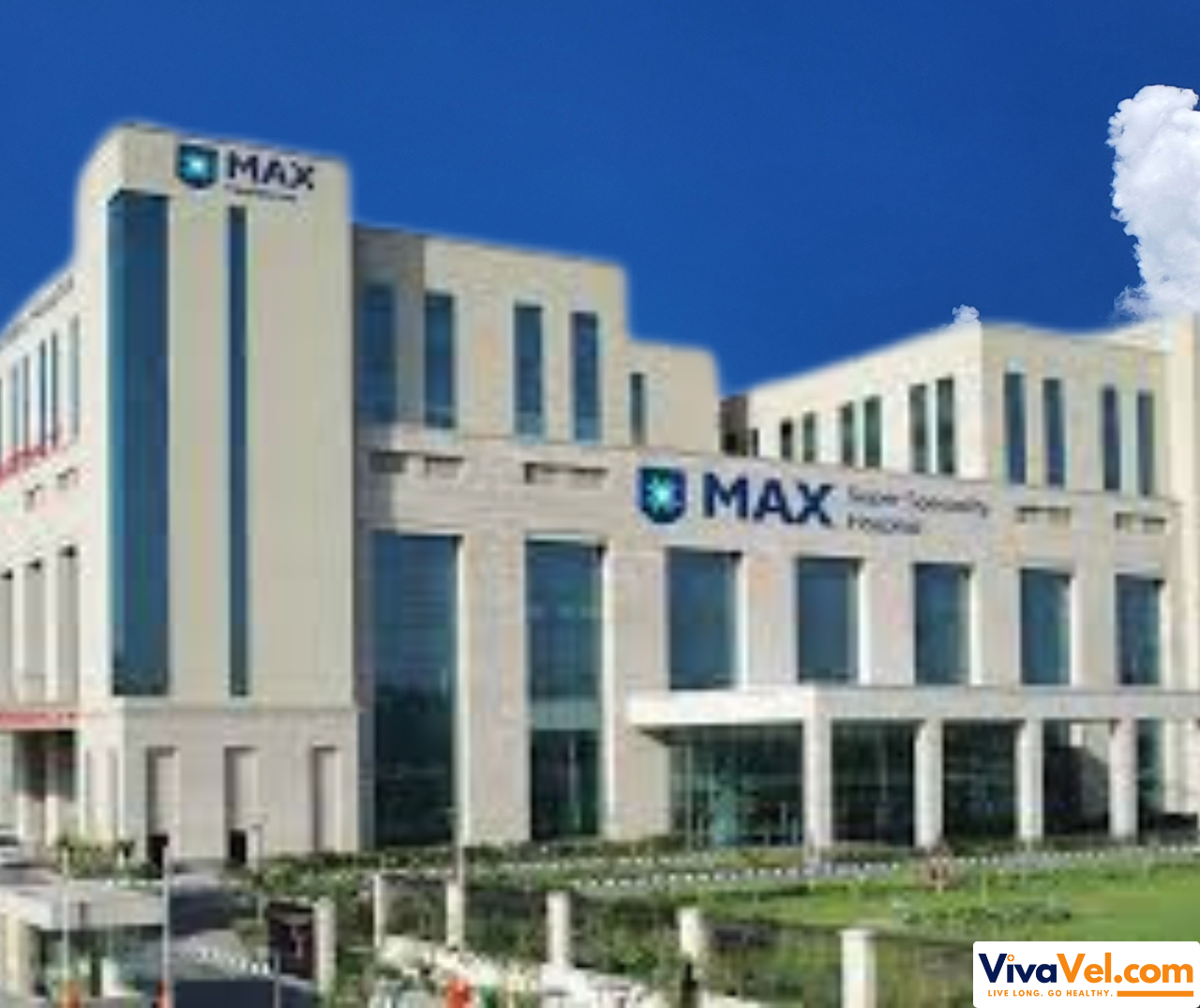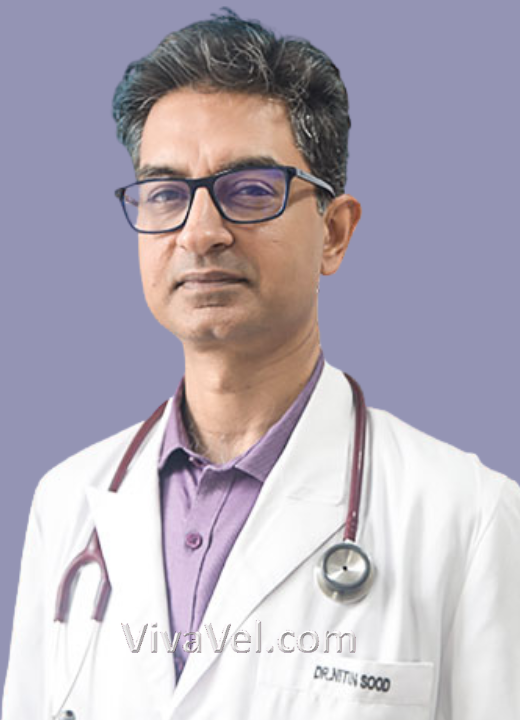info@vivavel.com
+919818262686
+919818262686
 info@vivavel.com
info@vivavel.com +919818262686
+919818262686Sickle cell anemia is an inherited blood disorder primarily affecting hemoglobin, the protein in red blood cells responsible for carrying oxygen throughout the body. In individuals with this condition, a mutation in the HBB gene causes the production of abnormal hemoglobin called hemoglobin S (HbS). Under low-oxygen conditions, HbS molecules stick together, causing red blood cells to distort into a rigid, sickle (crescent) shape. Unlike normal round red blood cells, sickle cells are less flexible and tend to clump together, leading to blockages in small blood vessels.
These blockages impair blood flow, reducing oxygen supply to tissues and organs, which can result in episodes of intense pain known as "sickle cell crises." Over time, sickle cell anemia can lead to complications like chronic anemia, organ damage (particularly in the spleen, kidneys, and liver), stroke, and an increased risk of infections. Sickle cells also have a shorter lifespan than normal red blood cells, surviving for only 10-20 days compared to the typical 120 days, further contributing to anemia.
The condition is most common among individuals of African, Mediterranean, Middle Eastern, and Indian ancestry. Management of sickle cell anemia includes hydration, pain relief, blood transfusions, and, in some cases, bone marrow transplants. Advances in gene therapy offer hope for potential cures in the future. However, ongoing care and treatment are critical to improving the quality of life for those affected.
 People with sickle cell anemia often experience the following:
People with sickle cell anemia often experience the following:

 Sickle cell anemia is caused by a mutation in the gene responsible for hemoglobin (the protein in RBCs that carries oxygen). This mutation is inherited from both parents. If a person inherits one sickle cell gene from each parent, they develop the disease. If they inherit only one sickle cell gene, they are carriers (called "sickle cell trait") but may not show symptoms.
Sickle cell anemia is caused by a mutation in the gene responsible for hemoglobin (the protein in RBCs that carries oxygen). This mutation is inherited from both parents. If a person inherits one sickle cell gene from each parent, they develop the disease. If they inherit only one sickle cell gene, they are carriers (called "sickle cell trait") but may not show symptoms.
 People with sickle cell anemia often experience the following:
People with sickle cell anemia often experience the following:
 Doctors diagnose sickle cell anemia using:
Doctors diagnose sickle cell anemia using:
 Do's:
Do's:
 Don'ts:
Don'ts:
NOTE:
Our medical content authors have diligently gathered and synthesized information on this topic to offer valuable insights to our readers. Drawing from a range of reputable medical journals and health resources, this content aims to enhance understanding of the subject. It's important to remember that while this information is informative, it should not replace personalized consultation or treatment from a qualified physician. For further details, please refer to our Editorial Policy.
For this topic, our authors used some of the following resources:
American Society of Hematology | Sickle Cell Disease
Johns Hopkins Medicine | Sickle Cell Disease
National Institutes of Health (NIH) (.gov) | What Is Sickle Cell Disease? - NHLBI





![]() Pusa Road, Radha Soami Satsang, Rajendra Place New Delhi, 110005 India
Pusa Road, Radha Soami Satsang, Rajendra Place New Delhi, 110005 India



![]() Golf Course Rd, Parsvnath Exotica, DLF Phase 5, Sector 53, Gurugram, Haryana Gurgaon, 122022 India
Golf Course Rd, Parsvnath Exotica, DLF Phase 5, Sector 53, Gurugram, Haryana Gurgaon, 122022 India



![]() C-1, Sushant Lok- 1, Sector-43, Phase- I, Gurugram, Haryana, 122002
C-1, Sushant Lok- 1, Sector-43, Phase- I, Gurugram, Haryana, 122002



![]() Mussoorie, Diversion Road, Dehradun, Uttarakhand 248001
Mussoorie, Diversion Road, Dehradun, Uttarakhand 248001


Dr. A. V. S. Suresh is a distinguished Senior Consultant Medical Oncologist and Hematologist at Continental Hospitals, Hyderabad. With over two decades of clinical ex...

Dr. Gaurav Dixit is a highly experienced Hematologist and Bone Marrow Transplant (BMT) Specialist who currently leads the Haemato-Oncology Unit at Artemis Hospital, Gurugram....

Dr. Rayaz Ahmed is a director with expertise in Cancer Care/Oncology, Bone Marrow Transplant, Hematology Oncology, and hematology (Hematology) at Max Super Speciality Hospita...



Dr. Nitin Sood is a distinguished Clinical Hematologist, Hemato-Oncologist, and Bone Marrow Transplant Specialist with nearly thirty years of clinical, academic, and research exper...
Treatment Plan & Cost within 2 days
